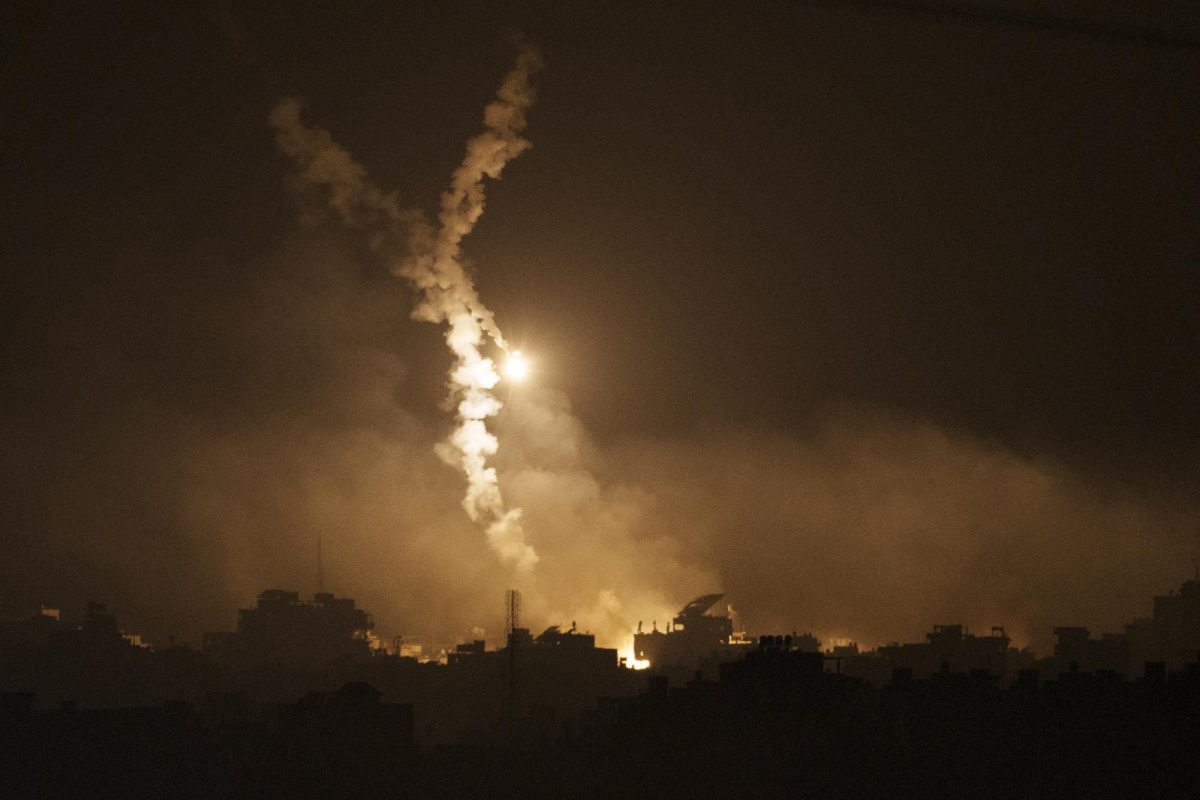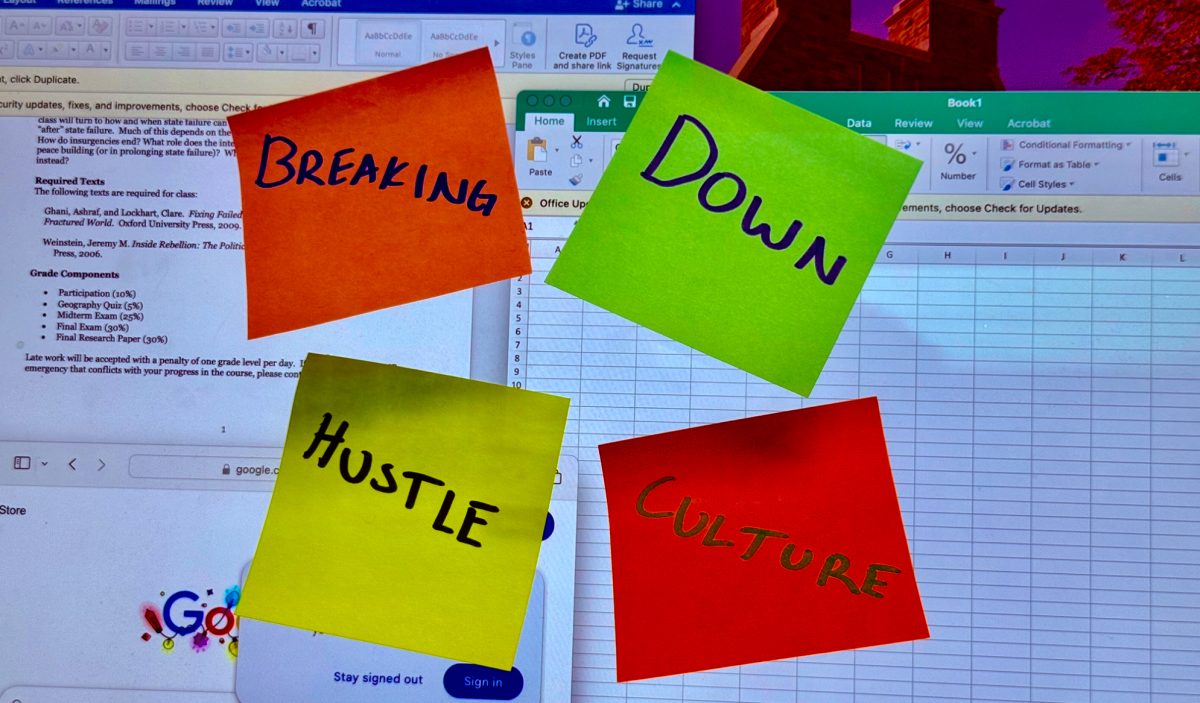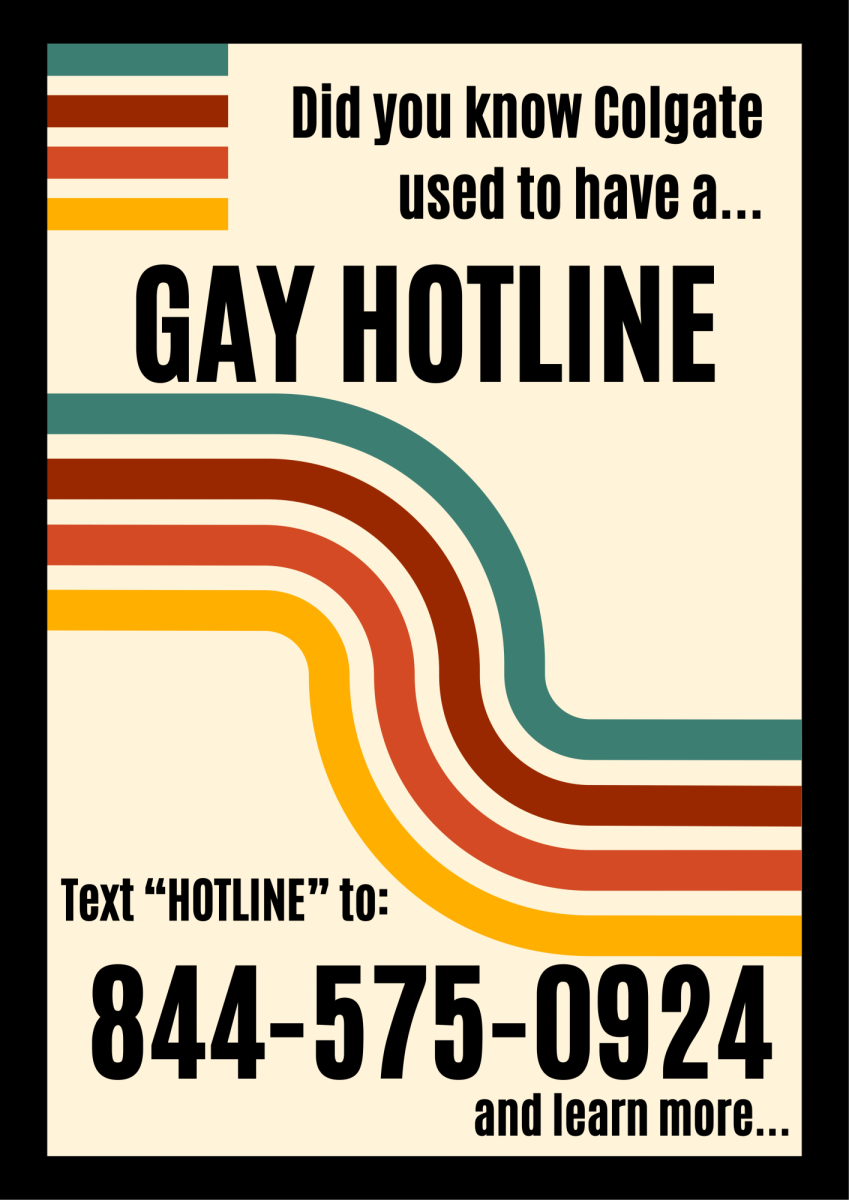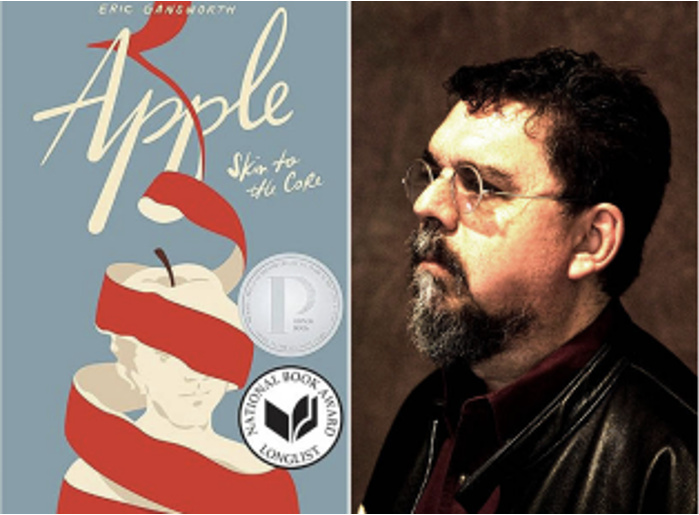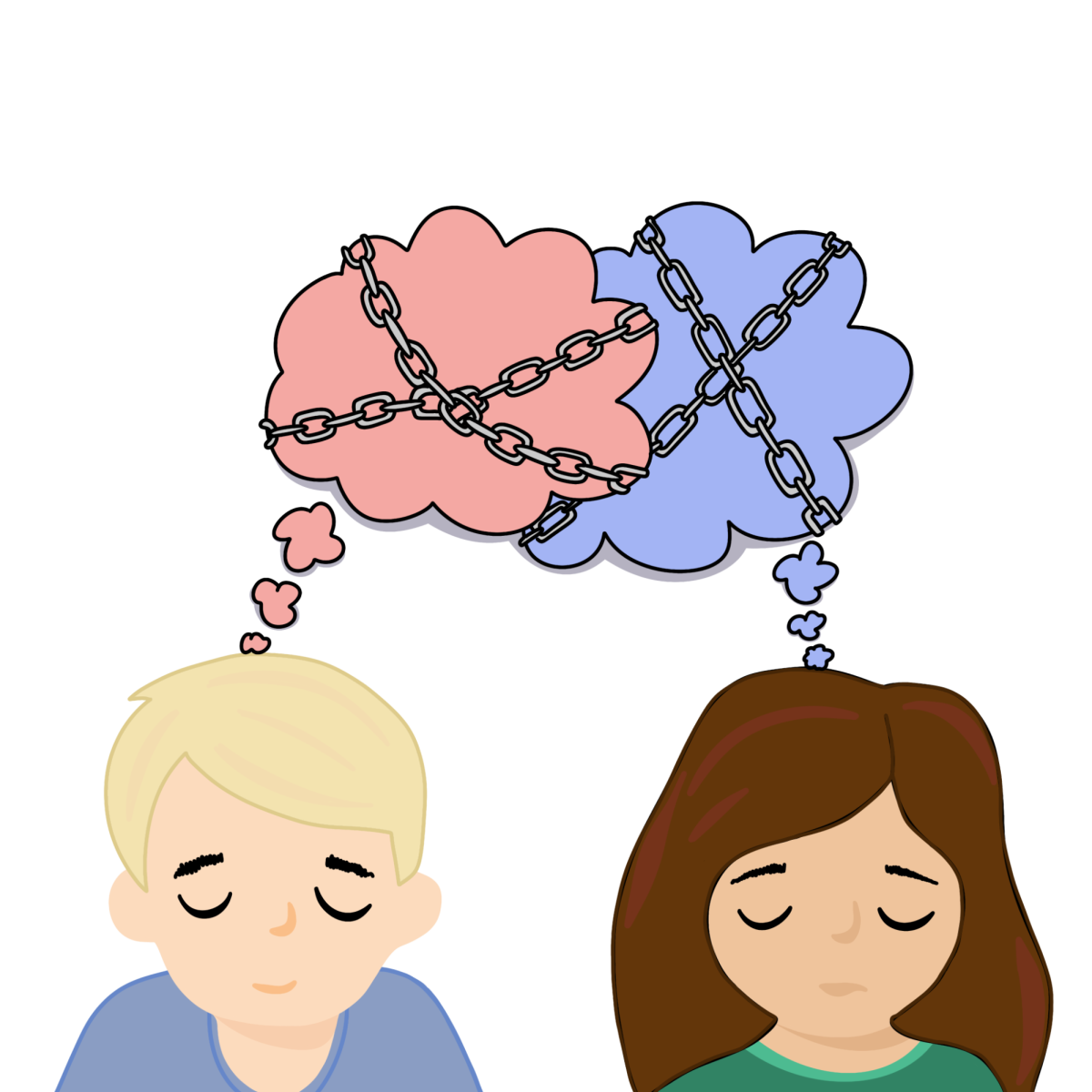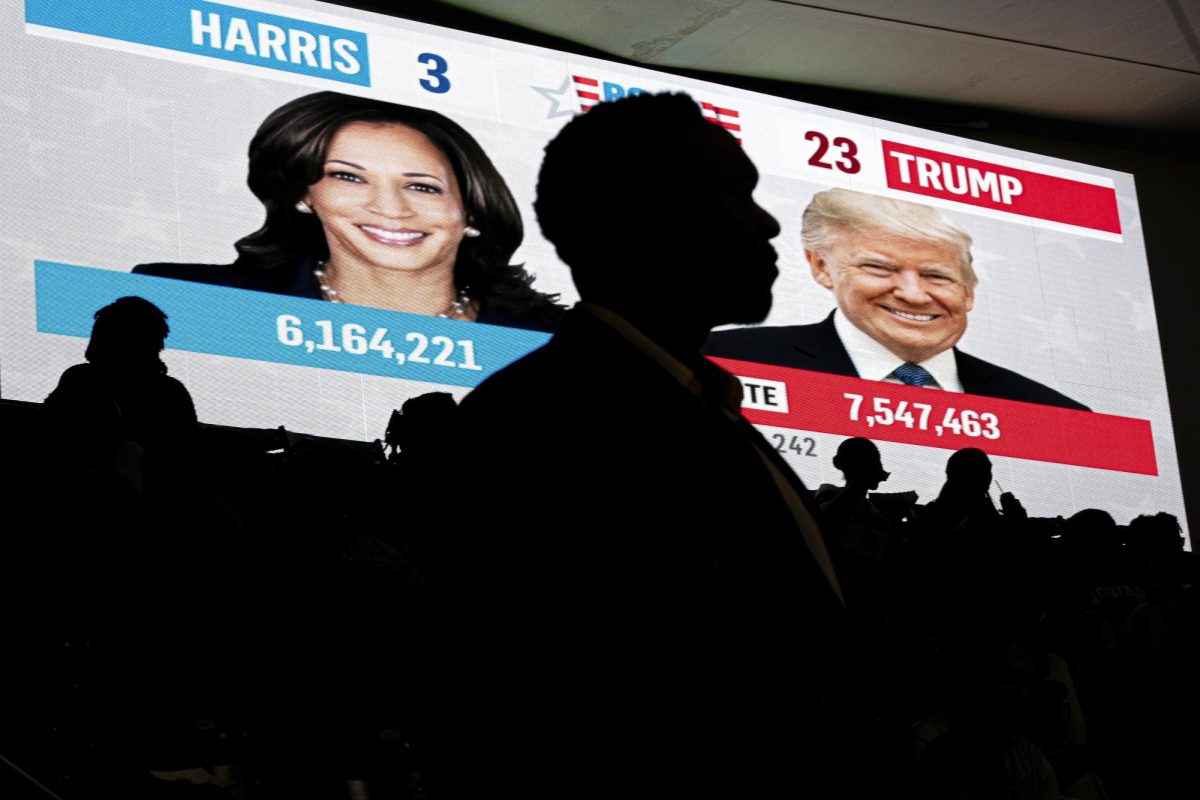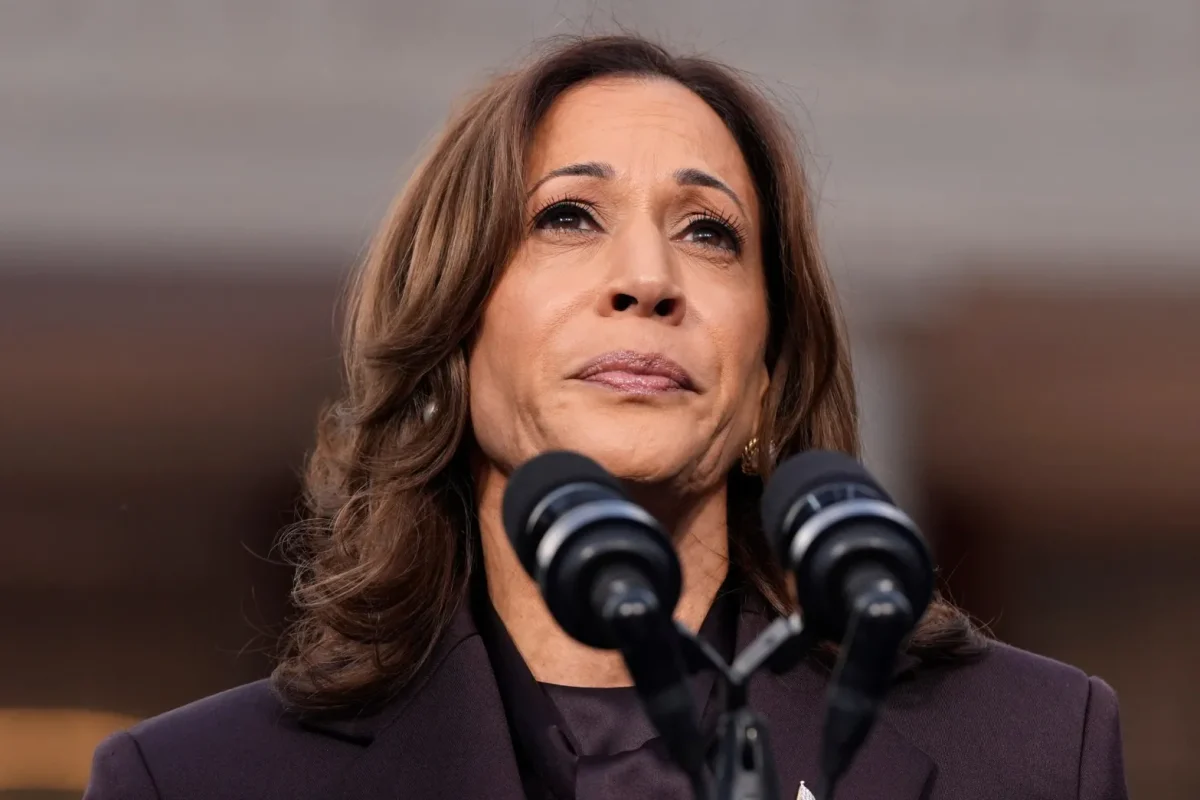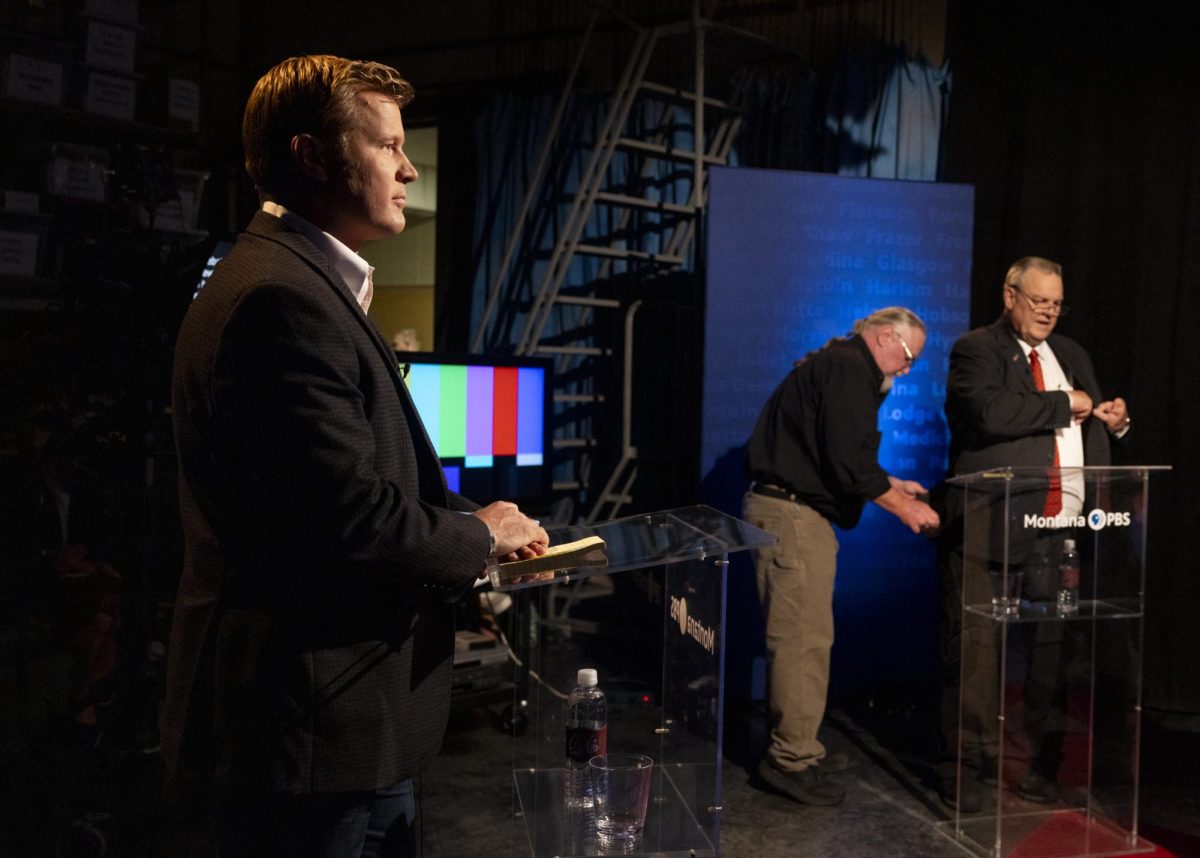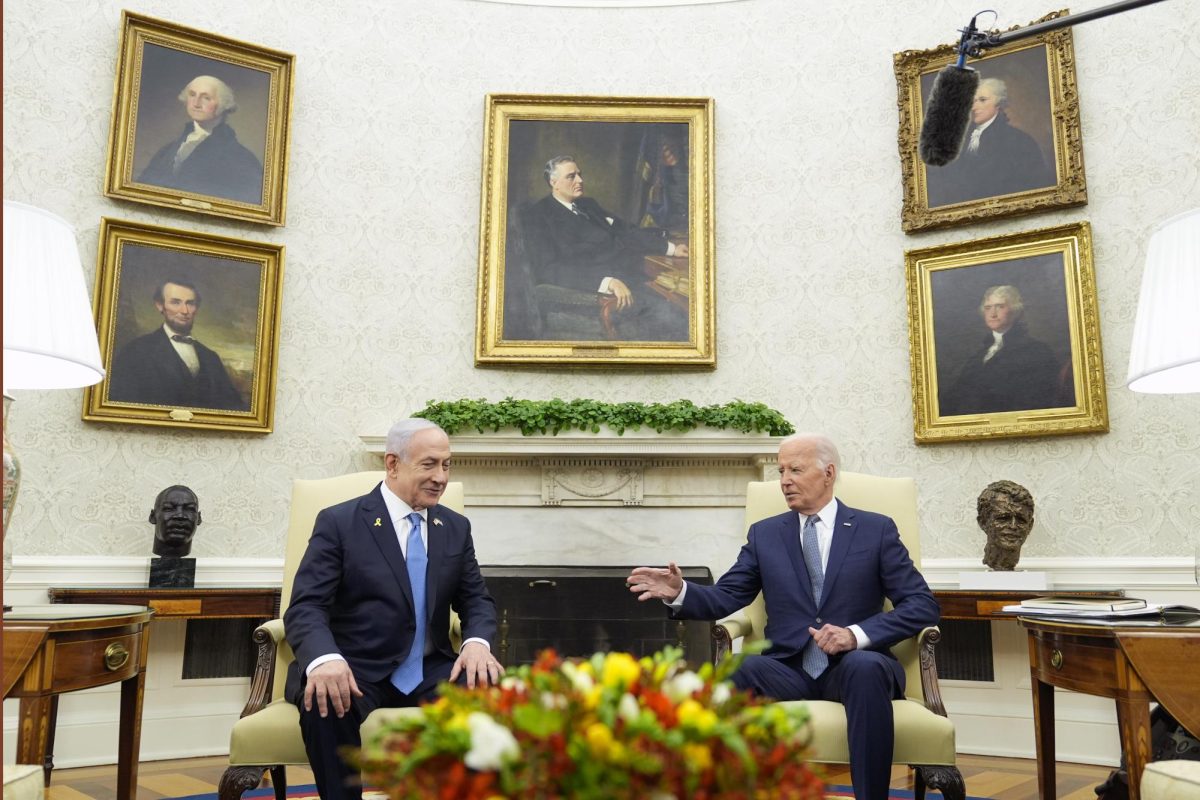Over the past few weeks, I have watched in horror at the events unfolding within the Levant. At first, I remained radio silent – scared to speak up due to privacy and safety concerns. But it is the power of the journalist to speak up for injustice that happens to anyone, anywhere. I know now and understand that silence only breeds complacency, and complacency breeds continued violence. I will no longer remain silent on Palestine.
It is important to remember that no one wins during war. My viewpoint is clear: I mourn the loss of innocent lives everywhere, and my heart goes out to everyone who has been affected by this crisis. Terrorism is inexcusable and must be held accountable. Vitality is beautiful and fragile, and no one should be massacred because of their race or religion. But it is fundamentally inhumane to justify violence with an even larger scale of violence. I stand firm in my belief that all lives should be treated as equal, and turning a blind eye to the humanitarian crisis in Gaza is no better than saying one life is more important than another.
Here, it is especially important to put politics aside and understand that the violent actions of a small minority group do not represent the values and beliefs of an entire population. In Gaza, many innocent Palestinians are paying the price for crimes they did not commit.
All wars have laws that must be upheld, as per the International Committee of the Red Cross (ICRC). No matter who commits the crime, it is necessary to distinguish between civilians and military objects; innocent people should never be a target of war. Yet, this is exactly what is happening in Gaza. Since the offensive on Gaza began, the Israeli government has dropped more than 12,000 tons of explosives on the 41 km Gaza Strip, equivalent to the atomic bomb that was dropped on Hiroshima, as noted by Al Jazeera. Anadolu Agency (AA), a news agency based in Turkey, reported that over forty-seven Palestinian families have been completely wiped off the civil registry. We cannot fail to recognize that 47% of the population of Gaza is children, and, within three weeks, the Palestinian death toll has surpassed almost 10,000 – mostly women and minors, as per NPR, AA and Time, respectively. Al Jazeera reports that since Oct. 7, an average of 420 Palestinian children are killed per day. What crimes did these children commit?
The death toll increases each day, as noted by CNN. As of Oct. 28, there are over 1,200 bodies still trapped under the rubble, and the Palestinian Ministry of Health in Hamas-controlled Gaza believes that this death count is much higher than confirmed, as per AP News.
Hospital beds are overflowing, according to The Guardian, and children are hooked up to IVs on the floor of hospital outlets — wherever they can find a power outlet left that works. Due to the blockade of fuel, food, water and supplies — resources necessary for survival — are running out, according to CNBC. NPR reports that thousands do not have access to the treatment they need. A statement issued by a Francesca Albanese, a UN human rights expert, has said that the actions committed against Gaza have “gone way beyond the bounds of international law.”
It is unjust to cut off an entire population — of around two million people — from food, water, electricity and fuel.
We must recognize that it is a privilege to go to sleep at night without the sound of bombs — a privilege that no one in Gaza has right now. Palestinians in Gaza go to sleep each night in a constant state of fear, not knowing whether they will wake up the next morning. The innocent people in Gaza should not have to beg for empathy just to survive. They should not be treated as if they are less than human, and deserving of this punishment.
While some humanitarian aid has trickled in, the process is slow. As of Oct. 27, eighty-four humanitarian aid trucks have entered Gaza, as Reuters reports, but this is nowhere near enough to sustain an entire population of two million people. Over 45% of Gazan homes have been destroyed and over 1.4 million Palestinians are now homeless; the number of internally displaced people is almost three times its intended capacity, according to the International Middle East Media Center. But I doubt the people in Gaza have the luxury to think about rebuilding their homes — they do not know if they will even have a future.
Earlier last week, President Joe Biden questioned the Palestinian death toll, and stated that “casualties are the price of war,” according to Time. This grossly debases the crisis, and does not justify the scale of violence that has been inflicted upon Gazans. Middle East Eye reports that the Palestinian Ministry of Health responded on Oct. 26 by uploading the names of each person killed in Gaza since the violence began on Oct. 7. The list is 210 pages long.
The Palestinian civilians who have lost their lives are not just numbers to represent headlines. They were mothers, fathers, daughters, doctors and journalists, to name a few. Each had a name, family, story and sense of individual purpose. The Palestinian children killed are not just statistics. These children, like the children of the United States, would ride their bikes to school each day, play soccer in the street and tell jokes with their friends in the schoolyard. They would dream of becoming teachers, engineers, firefighters and race car drivers. Each number on the death toll marks a precious dream that has been cut short.
Among the victims was Al-Shaima Akram Saidam. According to Middle East Eye, Saidam scored a 99.6% on her national exams, known as Tawahiji, ranking first in all of Palestine. For Palestinian youth, these exams are crucial, as they determine a student’s placement into university. She dreamed of majoring in English translation at the Islamic University of Gaza. Saidam, like every other victim, had big aspirations that can no longer be fulfilled.
It is important, now more than ever, to set politics aside and understand that two “wrongs” will never make a “right,” and that war crimes are war crimes – no matter who commits them. This, to me, will never be an antisemitic statement, and any sort of discrimination on the basis of national identity, ethnicity or religion should not be tolerated. We, as a nation, need to step back and see that the right to life should transcend all geographic and ethnic borders. Conflating the humanitarian crisis happening in Gaza to an anti-religious statement perpetuates the belief that a state can only operate through the use of violence.
These events do not occur in a vacuum. I urge everyone to research Palestine – including humanitarian reports that have been published by UC Berkeley’s Law School, Amnesty International, the United Nations and more.


